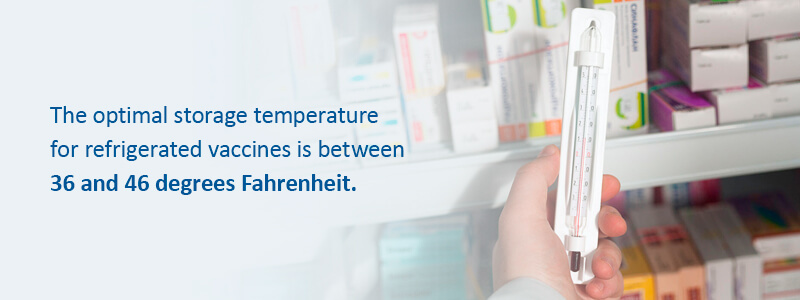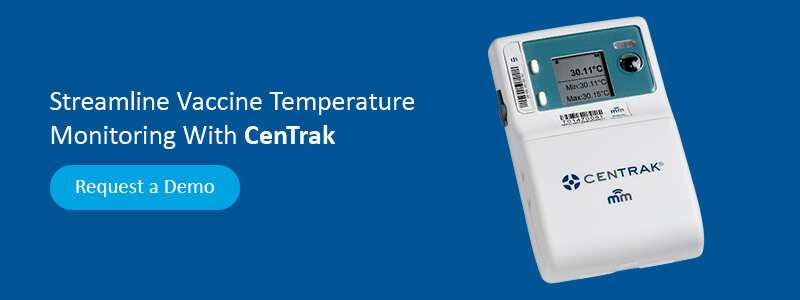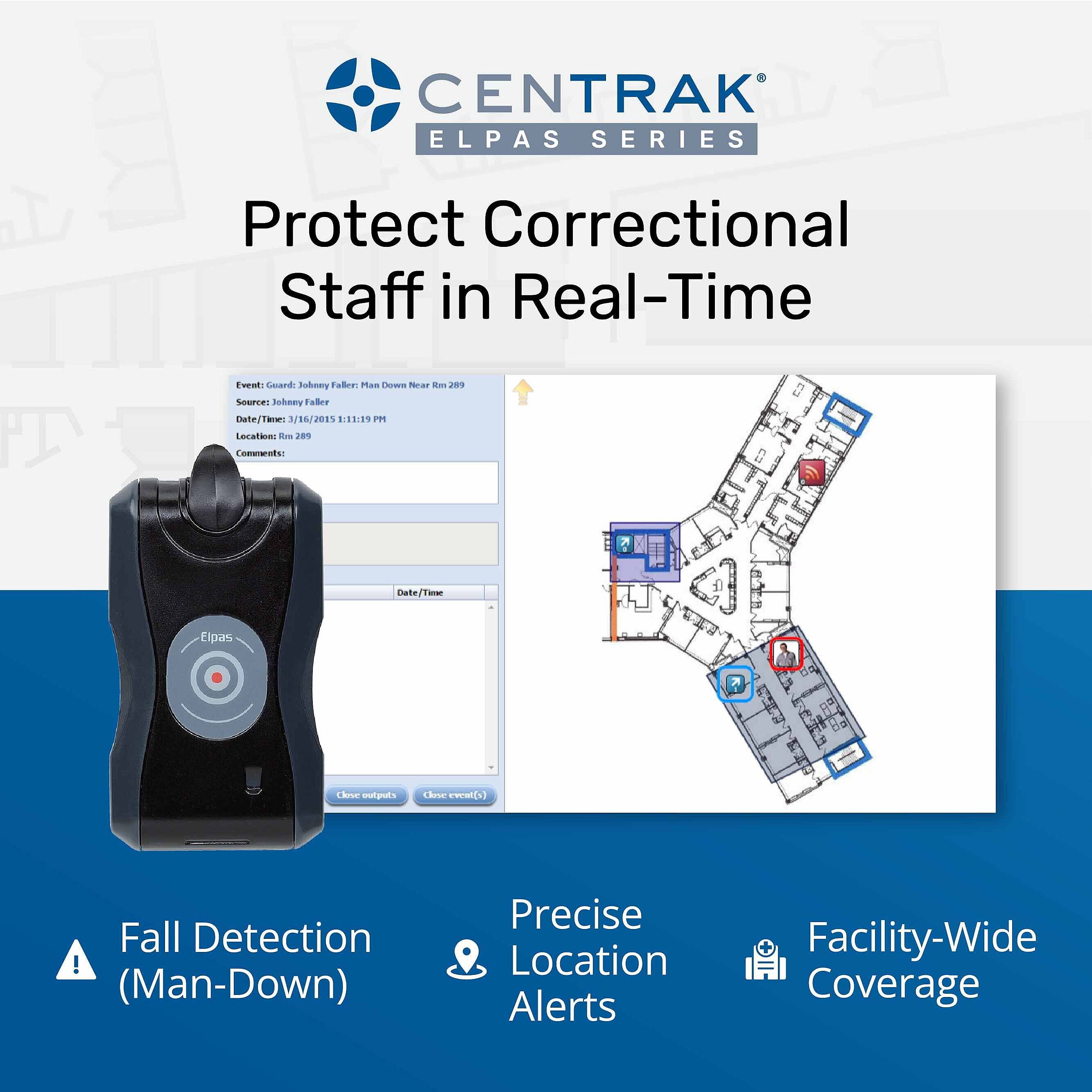Storing Vaccines Correctly

By not storing vaccines properly, your healthcare facility compromises the drug's integrity and effectiveness, as well as damages patient confidence in your medical providers.
Vaccinations help your patients combat dangerous illnesses and diseases, including influenza, COVID-19, and hepatitis B. They play an important role in assisting in the generation of protective antibodies and fighting off infections. Keeping vaccines in their optimal condition should be a priority for your hospital.
From storage location to refrigeration temperature, the staff at your medical facility must keep a few key factors in mind to protect vaccines and patients. We are breaking down the best practices to help your hospital optimize the storage and effectiveness of your vaccines.
What Happens When Vaccines Are Improperly Stored?
Unknowingly, hospitals may make many common mistakes with vaccine storage. The biggest may be storing vaccines at the wrong temperature often due to equipment (refrigerator/freezer) failure. It’s critical that your facility stores vaccines according to the product manufacturer's instructions for use. Governing bodies like The Joint Commission (TJC) and other accrediting bodies ensure facilities meet these compliance standards.
The following are some of the key consequences of improper vaccine storage practices:
Ineffectiveness
Vaccines stored at incorrect temperatures or erroneously handled may become ineffective. Patients who receive these vaccines won't be properly protected against diseases, leaving them vulnerable to contracting these illnesses and passing them on to others.
If your hospital does not store vaccines at safe, specified temperatures, they lose their potency and become ineffective. As there are only a limited number of vaccines available, it would be terrible to lose vaccine inventory due to improper refrigeration temperatures and environmental conditions.
Safety Concerns
Prioritizing patient safety is essential, especially when it comes to vaccines. Without proper storage techniques and temperatures, vaccines can become spoiled, and your staff will be unable to administer them due to the potential risk of infection. Likewise, improper storage can lead to vaccine contamination, making them unsafe to use.
Wasted Inventory
Another result of inadequate vaccine storage practices is wasting inventory. Your hospital risks losing money and important life-saving drugs that could protect your patients.
Closely monitoring storage conditions and conducting inventory audits will help your staff track expiration dates and minimize wasted vaccines.
How to Store Vaccines
How hospitals like yours store and handle their vaccines plays an essential part in ensuring patients and communities can access life-saving vaccines when they need them most.
Explore the following factors to keep in mind when establishing your medical facility's vaccine storage practices and protocols:
Vaccine Location
The storage of vaccines in the refrigerator could be a problem, depending on their location in the fridge. If someone puts vaccine vials on the door, they may be subject to temperature instability.
Instead, stock vaccines in the central part of the refrigerator and keep bins holding vaccines away from refrigerator walls. The temperature in the middle of the refrigerator stays more stable than in other regions — reducing vaccine exposure to temperature fluctuations.
Explore some additional tips for storing vaccines in your hospital's refrigerators to optimize and protect their condition:
- Ensure the refrigerator doors are completely closed after access.
- Keep two to three inches between each vaccine container and other bottles.
- Avoid storing vaccines on a refrigerator's top shelf.
- Use signage to ensure no one unplugs or alters the temperature of the refrigerators.
Temperatures

The optimal storage temperature for refrigerated vaccines is between 36 and 46 degrees Fahrenheit. Different drugs will require specific temperatures to keep the vaccine in its most effective and safest condition.
Closely monitoring vaccine storage temperatures is essential for maintaining your hospital's inventory and helping to protect your patients. All medical facilities storing vaccines should consider investing in high-quality, real-time temperature and environmental monitoring solutions.
Protection In-Transit
Whether you’re trying to ensure the correct temperature of vaccines traveling for emergency transport, stock relocation, or simply moving them between hospital departments, the message is still the same — it doesn’t take much for a vaccine to spoil.
Your staff should always utilize portable vaccine storage units or qualified vaccine-specific coolers for protection and temperature control during transport. They should also be sure to keep accurate records of transit times and temperatures.
Temperature Monitoring Solutions for Protecting Vaccines
A wireless environmental and temperature monitoring solution is the key. Maintaining proper temperature conditions is mission-critical to ensuring that vaccines are safe and effective. A clinical-grade temperature and environmental monitoring solution allows pharmacy and healthcare staff to take immediate action when storage conditions fall outside of safe temperatures.
Clinical-grade environmental and temperature monitoring systems are easy to use and customizable, allowing the user to monitor and document a range of information, such as temperature, humidity, door ajar, and other important conditions. At the application level, pharmacies can view refrigeration groups and receive alerts when units are outside of their monitored threshold. This ensures that your hospital meets USP 797, CDC, the Joint Commission, the Board of Health, and other compliance standards and that more vaccines are available.
These types of systems can generate a variety of useful reports on multiple units, display an example of the report before printing or exporting, and provide alerts such as low battery warnings to prevent transmission interruptions. Customizable alert notifications allow the user to set the parameters and designate the alert method used.
Streamline Vaccine Temperature Monitoring With CenTrak

Keeping vaccines safe should be a top priority for any hospital. If your medical facility needs vaccine temperature monitoring solutions, turn to CenTrak.
We have the industry's top environmental monitoring solution and can help you eliminate the need for manual temperature reporting that is time-consuming and imprecise. CenTrak makes storing your hospital's vaccines easy with our wireless vaccine temperature monitoring systems that help maintain optimal environmental conditions for regulatory compliance and patient safety.
Request a demo of temperature monitoring solutions from CenTrak today!






